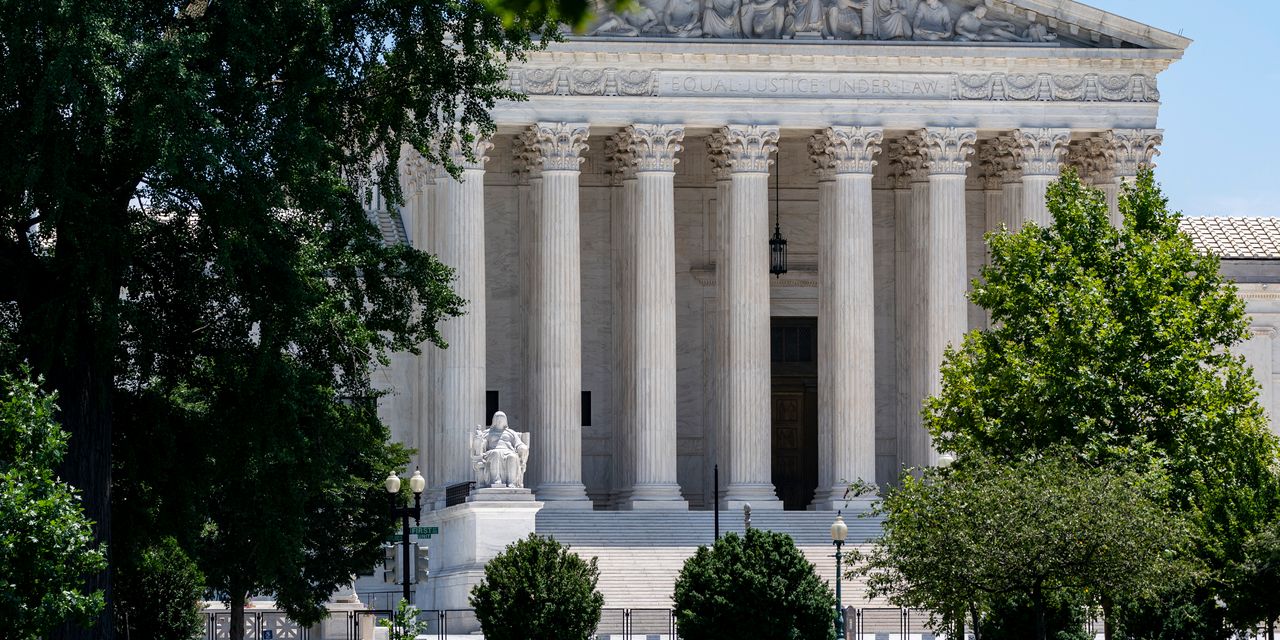The biggest test yet of Section 230, which shields websites from liability for third-party content, goes before the U.S. Supreme Court for oral arguments Feb. 21 with nothing less than the future of the internet at stake.
Should the court rule to scale back liability protections, it could “upend the internet” and create a digital landscape rife with censorship and offensive content, Alphabet Inc.’s
GOOGL,
Google said in a court filing Thursday.
“This Court should decline to adopt novel and untested theories that risk transforming today’s internet into a forced choice between overly curated mainstream sites or fringe sites flooded with objectionable content,” Google said in its brief.
“Section 230 is fundamentally the economic backbone of the internet,” Google General Counsel Halimah DeLaine Prado said. “A ruling that undermines Section 230 would have significant unintended and harmful consequences.”
Google owns YouTube, upon which the case centers. The family of Nohemi Gonzalez, who was killed in the 2015 Islamic State terrorist attack in Paris, claims YouTube assisted ISIS by recommending the terrorist group’s videos to users.
In its complaint, Gonzalez’s family claims Section 230 of the Communications Decency Act (1996) has been extended to cover actions such as harmful content that lawmakers did not anticipate.
Section 230 “is not available for material that the website itself created,” the petitioners wrote in a brief filed in November. “If YouTube were to write on its home page, or on the home page of a user, ‘YouTube strongly recommends that you watch this video,’ that obviously would not be ‘information provided by another information content provider.’”
The immunity law essentially shields internet platforms like YouTube, Meta Platforms Inc.’s
META,
Facebook and Twitter Inc. from being sued for harmful content posted by third parties on their sites.

